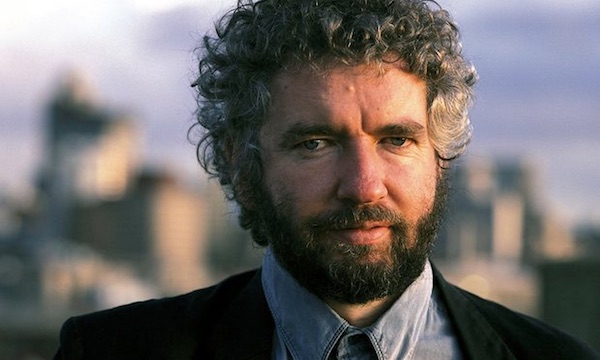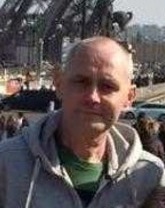
An award-winning journalist credited with writing the definitive account of the 1981 Hunger Strike has died in South Africa.
David Beresford passed away in his Johannesburg home this week. He worked for the Guardian newspaper and was their Ireland correspondent during the late 1970s and early eighties, covering many stories from the conflict
It was during this time he reported on the prison campaign by republican PoWs and Margaret Thatcher’s government attempts to criminalise the IRA. He later penned the book Ten Men Dead, one of the most detailed accounts of the period which saw 10 republicans fast until death in the H-Blocks.
Given unique access to source material, Mr Beresford pieced together the story of the protest through interviews and secret communications carried in and out of the prison.
The respected journalist later moved to South Africa where he covered the period leading up to the end of apartheid including the release of Nelson Mandela from prison in 1990.
In 1991 he was diagnosed with Parkinson’s disease. Despite his illness he continued to work as a foreign correspondent and underwent radical treatments to try to beat the disease.
Sinn Fein leader Gerry Adams paid tribute to the journalist last night and described Ten Men Dead as “probably the best book written about that period”.
“David was an exceptional journalist,” he said.
“He was also the Guardian’s reporter in South Africa during tumultuous changes in that country. He also faced huge challenges in his own life battling Parkinson’s disease. I want to extend my deepest condolences to David’s family.”

YOUNGEST BLANKETMAN
Meanwhile, a west Belfast man who was the youngest to take part in the H-Block blanket protests during the conflict has also passed away.
Father-of-three Peter Kavanagh died on Saturday at a Belfast hospice surrounded by his family following a long battle with cancer. Known as Dee, he was aged 16 when he spent nearly three years from 1978 on the republican blanket protest while in the H-blocks of Long Kesh. The protest was against Thatcher’s attempts to force IRA PoWs to wear prison uniforms.
His family told on Monday how he held onto life long enough to cradle his second grandchild, Daniel Peter, who was born just hours before he passed away.
“The little baby was brought over from the Royal hospital before he died. I think he held on to see him,” Ms Connors said.
Mr Kavanagh wore only a blanket, refusing to wear prison clothes, after being jailed for throwing a petrol bomb, a charge his family say he always denied.
His older brother John Kavanagh said: “He was 16 and he was caught up in trouble during the queen’s visit. He was sentenced for throwing a petrol bomb - he was never in court in his life.”
![[Irish Republican News]](https://republican-news.org/graphics/title_gifs/rn.gif)
![[Irish Republican News]](https://republican-news.org/graphics/title_gifs/harp.gif)

